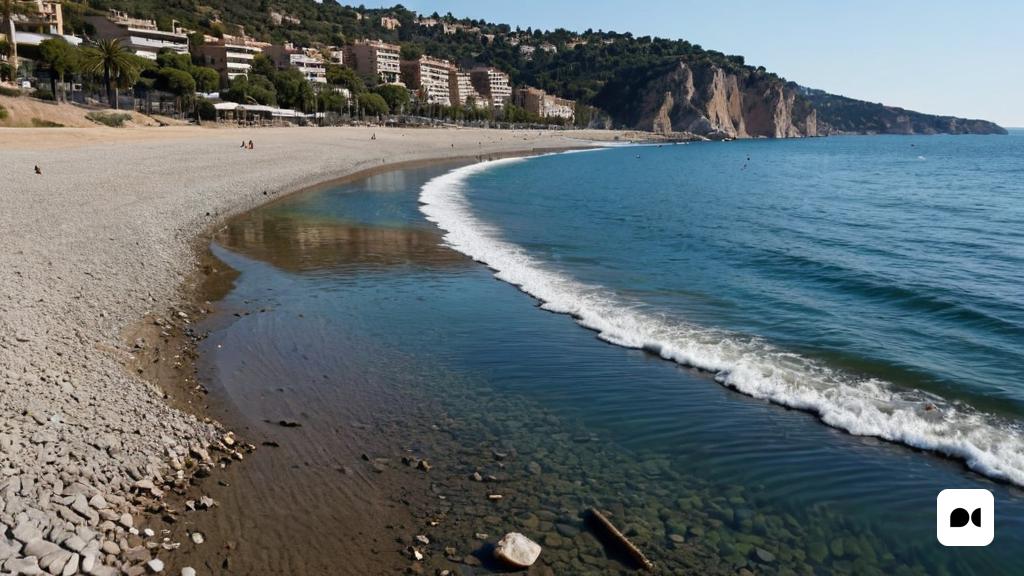The Threat of Climate Change on the Coasts
Coastal areas face imminent dangers due to climate change, and the Mediterranean Sea is one of the most vulnerable regions. This includes the coast of Catalonia, which, according to a Greenpeace report, could lose a significant area of its beaches in the near future. Apart from global warming, the country’s beaches are at risk from factors such as excessive urbanization, pollution and alteration of river channels. These actions have created imbalances that result in the erosion and loss of beaches, eliminating their protective function and jeopardizing the safety of millions of people who inhabit these areas.
Projected Impacts on the Catalan Coast
Recent meteorological phenomena have corroborated that the beaches in Catalonia are in a process of disappearance, which is aggravated by an estimate of increase in sea level for the year 2030. The document titled ‘Crisis on Every Coast 2024. Analysis of The situation of the coast in the face of climate emergency risks’ offers a detailed evaluation of the situation on more than 8,000 kilometers of Spanish coast. In it, it is noted that in a period of six years, it is anticipated that the coast of Catalonia will suffer severe impacts. The Maresme coast is particularly alarming, with the increase in erosion and the decrease in natural contributions of sediments. Resorts like Montgat have already seen 90% of their sand disappear during the winter.
The Future of Boardwalks
The existence of boardwalks has become questionable, as their function limits the ability of beaches to function as buffers against the force of the sea. The 11 promenade areas most threatened by climate change are located mainly in the north of Catalonia, including Lanzó, L’Escala, Pineda de Mar, among others. These corrupt walks interfere with the natural processes of the coast, intensifying the risk associated with the climate crisis.
Greenpeace Action Proposals
Greenpeace has launched an urgent call for action to be taken against this alarming situation. According to the organization, a moderate decrease in greenhouse gas emissions could reverse 40% of the decline in beaches globally. What’s more, they oppose the artificial regeneration of beaches and the reconstruction of promenades, as they have proven to be ineffective. Instead, they propose local responses adapted to the specific reality of each coastal sector, where both administrations and citizens are involved.
Ideas for Coastal Sustainability
Greenpeace suggests implementing bold measures to reduce greenhouse gas emissions, establish regulations for the adaptation and conservation of the coast, and recover the ecological quality of Hispanic marine spaces. Stops must also be put on excessive touristification—limiting, for example, cruises and flights—and ensuring that artificial barriers are not built. Among other recommendations, the return of flood-prone areas to their natural state and the promotion of scientific research would play a vital role.
Committing to Sustainability
Do you care about the future of the environment? We also share this concern. Therefore, we invite you to join our GreeN community, where you can measure your carbon footprint and contribute to its reduction by planting trees.

